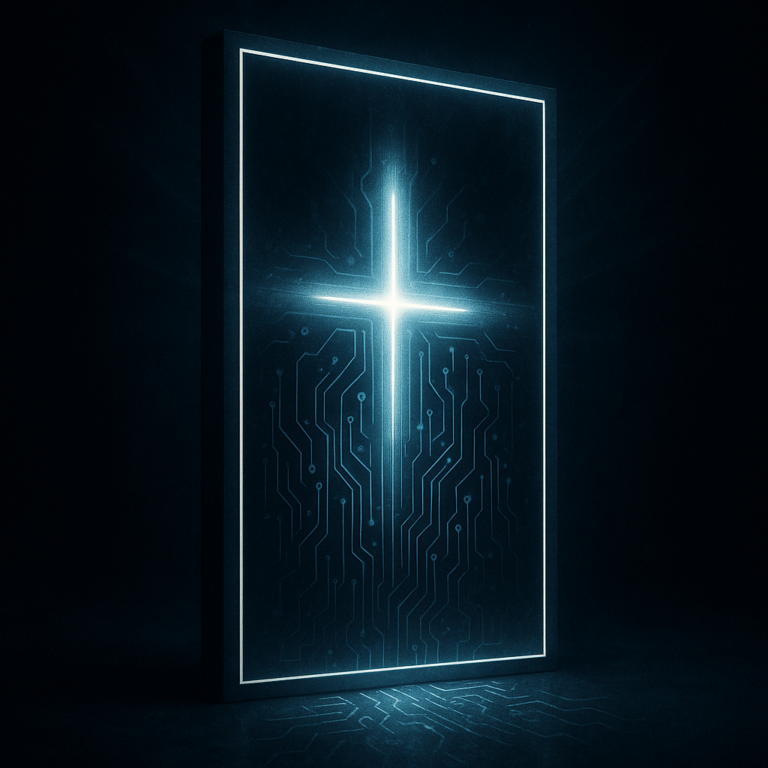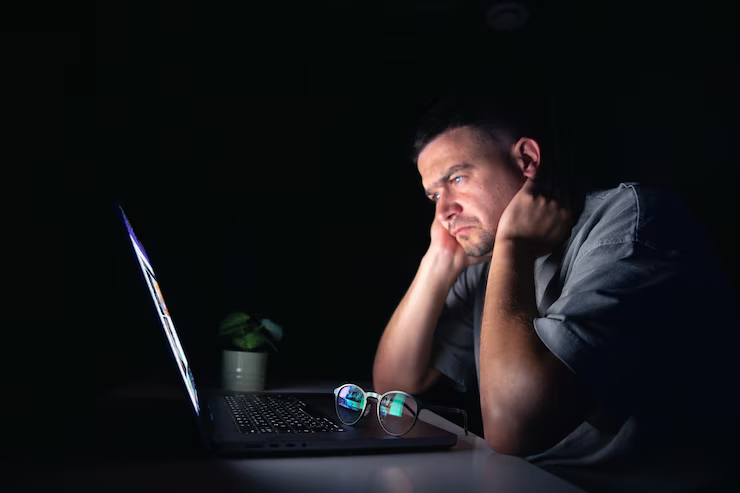
Firstly, I strongly believe physical books beat ebooks because they are different. Not just in how they look, but how they feel—and how they work on your brain. Recently, I threw a comment at Grok AI to scan top replies on an X thread where someone asked, “Who still prefers physical books over ebooks?” The answers were raw, honest, and loud.
I’ve used both formats. I’ve flipped pages and I’ve tapped screens. But what real readers shared confirmed what many of us (yes, me included) already know in our bones and never say out loud. Today, I’m not doing theory. I’m giving you real reasons why physical books beat ebooks and what people actually experience when it’s both.
Physical Books vs Ebooks: The Feel Is Everything
People aren’t romanticizing; they’re reporting reality. That tactile engagement when you hold a real book grounds your mind. Weight. Texture. Edges. A page holds your attention in place while a glass screen is cold, flat and slippery. Your brain knows the difference.
Physical Books vs Ebooks: Your Brain Remembers Better
Readers say they retain more when flipping actual pages. It’s not mysticism. It’s how your brain anchors memory to physical cues—left page, right page, where your finger rested, where the coffee stain lives. Screens blur into the same digital soup as your chats and apps. Want a starting point? See a meta-analysis on screen vs. paper comprehension here.
Physical Books vs Ebooks: No Screen Headaches
You already know what hours of backlit scrolling does—tired eyes, tension, wrecked sleep. A printed page lets your eyes rest while your mind works. Blue light before bed? That’s a tax on your sleep quality. Harvard Health has a simple explainer here.
Physical Books vs Ebooks: Jumping Around Is Easy
Need to go back two pages? Flip. Done. With ebooks, you’re stuck tapping through menus like you’re disarming a bomb. Flow dies. Frustration rises. Momentum breaks.
Physical Books vs Ebooks: Yes—The Smell Matters
Laugh if you like. Then inhale an old paperback and tell me you didn’t remember where you first read it. Scent is a shortcut to memory. Files have no scent, no place, no moment attached.
Physical Books vs Ebooks: People Finish Paper More Often
Ebooks get buried behind WhatsApp pings and YouTube thumbnails. A physical book on your table is a quiet accountability partner. It stares until you come back. That’s literally a feature, not a bug.
Physical Books vs Ebooks: Ownership Is Real
An ebook is access. A physical book is possession. It’s yours. You can write in it, age with it, lend it, gift it, bequeath it. Try handing your child a license file in 20 years—see how that feels. Lol.
Physical Books vs Ebooks: Focus Comes Easier
Readers say they move faster on paper. Why? Because paper doesn’t fight you. No notifications, no app-switch muscle memory, no “Let me quickly check…” Black text, white page, full presence. Speed follows attention.
Physical Books vs Ebooks: You’re Building a Legacy
A shelf is a timeline. Your beliefs in hardback. Your turning points in paperback. Guests can see who you are by the spines you keep. Your ebook list is invisible to the world—and to your future self.
Physical Books vs Ebooks: Full Immersion Wins
Open a book. It’s just you and the author. No tabs. No pop-ups. No split-screen. That’s power. That’s presence. That’s why the right paragraph on paper can feel like a prophecy.
But Where Ebooks Win (And Why It’s Surface-Level)
- Portability: a thousand titles in your pocket.
- Cost: often cheaper, frequent promos.
- Accessibility: instant downloads, font sizing, built-in dictionary.
- Search & Highlights: easy to quote, easy to clip.
All true. But these are logistics wins. When we talk about the emotional and mental experience, paper still slaps harder. If you want to remember, apply, and be changed—you need fewer barriers between you and the idea. Paper removes barriers.
Physical Books vs Ebooks: How to Read Like You Mean It
Since we’re here, let’s go tactical:
- Choose a format by goal: studying, thinking, and deep retention? Paper. Quick reference or travel? Use the ebook.
- One-book rule: stop juggling four books across apps. Pick one, finish it, shelve it. Momentum compounds.
- Annotation that sticks: write in the margins, fold corners, add a sticky note table of contents. Make the book yours.
- Night reading: swap screens for paper 60 minutes before bed. Protect your sleep. Your next-day mind will thank you.
- Shelf as dashboard: keep your “active five” on a visible shelf. The shelf is your silent coach.
Final Verdict on Physical Books vs Ebooks
I’m not anti-tech. I’m pro-results. Use digital when it helps. But if you truly want to feel what you read, if you want the ideas to brand themselves on your mind—put the phone down and pick the book up. Build the kind of mind that doesn’t just consume; it remembers, applies, and multiplies.
Your brain will thank you later. And your shelf will tell your story long after the battery dies.



